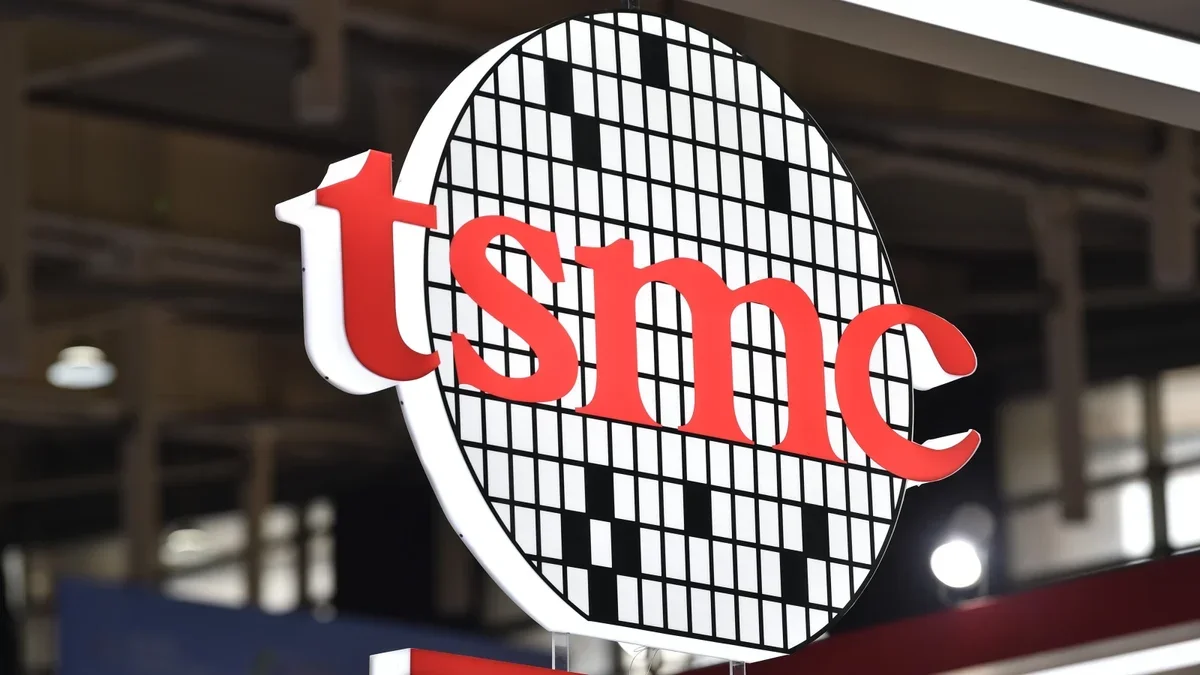TSMC, being the largest foundry in the world, has Apple as one of its biggest customers, and it seems the relationship is just getting stronger. The initial 3nm production of TSMC has been almost exclusively reserved by Apple, who plans to use the chips to power the iPhone 15 Pro and iPhone 15 Pro Max.
For those new to the jargon, a lower process node number implies smaller transistors on the chip, essentially leading to better power efficiency and performance, thanks to more transistors fitting into the SOC. In comparison to the 7nm A13 Bionic chipset that powered the iPhone 11 series with 8.5 billion transistors, the 3nm A17 Pro holds a whopping 19 billion transistors.
This push towards smaller chip production has TSMC working on the much-awaited 2nm chip development. While we previously reported that the company would start volume production in 2025, it seems the ball is already rolling, with Apple and NVIDIA getting a glimpse at 2nm prototypes that TSMC has been building.
The initial 2nm production seems to be on track for 2025, as stated by TSMC. There is high anticipation for the introduction of the iPhone 17 Pro and iPhone 17 Pro Max, which might become the first Apple handsets to launch with a 2nm application processor, possibly the A19 Pro.
At the 2nm node, TSMC introduces new Gate-all-around (GAA) transistors, a technology also in use by Samsung Foundry that covers the channel on all four sides, reducing current leaks and improving power efficiency.
Despite TSMC’s lead in chip manufacturing, some news has come to light from Samsung Foundry regarding Qualcomm switching from TSMC to Samsung for the production of the 3nm Snapdragon 8 Gen5 AP in 2025. As a result of the challenges Samsung faced with building the Snapdragon 8 Gen1, leading to Qualcomm’s departure from Samsung Foundry in 2022, TSMC might lose this business after having it since. According to the latest reports, Samsung Foundry’s yield is currently at about 60% for the basic 3nm production.
On the other hand, Intel looks to take the lead with its next-gen 18A node (1.8nm) and is ambitious to push its chip designs. This could set the stage for tighter competition among the big foundries and change up the market scenario.
Amidst these developments and concerns about relying on a single foundry, both chip designers and manufacturers seem to consider different options, especially when planning to venture into chip production using a 2nm node. The industry is gearing up for an interesting few years ahead as Intel presents itself as a serious competitor to TSMC and Samsung Foundry.











